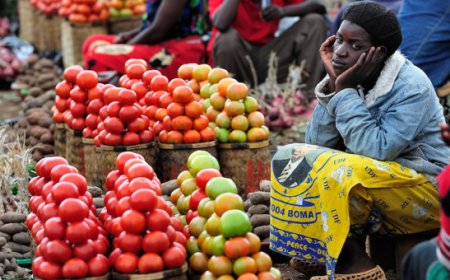Training Empowers Poultry Farmers in Greater Accra to Combat Heat Stress
Around 200 poultry farmers in the Greater Accra region have received training from LIFA to tackle heat stress in their flocks, aiming to reduce mortality rates and improve productivity.
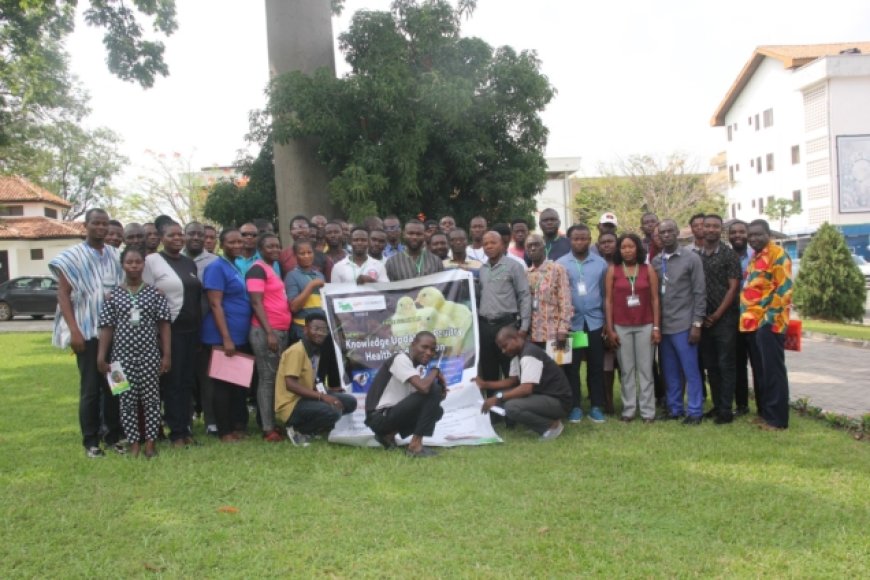
Approximately 200 poultry farmers in the Greater Accra region have undergone specialized training to learn effective heat stress management techniques, aimed at reducing mortality rates among their poultry flocks.
Farmers from various districts, municipalities, and metropolises attended the 2-day training, highlighting the significant impact of rising temperatures on their farms, leading to reduced production and income. The severity of the situation has deterred many from further investing in the poultry sector as they struggle to maintain their current stock levels.
An intervention by the Livestock Industry Foundation for Africa (LIFA), a Nigerian NGO, has provided farmers with specialized training on poultry health and nutrition under the theme "2nd Knowledge Update on Poultry Health and Nutrition." This initiative aims to enhance farmers' skills and knowledge, leading to improved farm productivity and reduced losses.
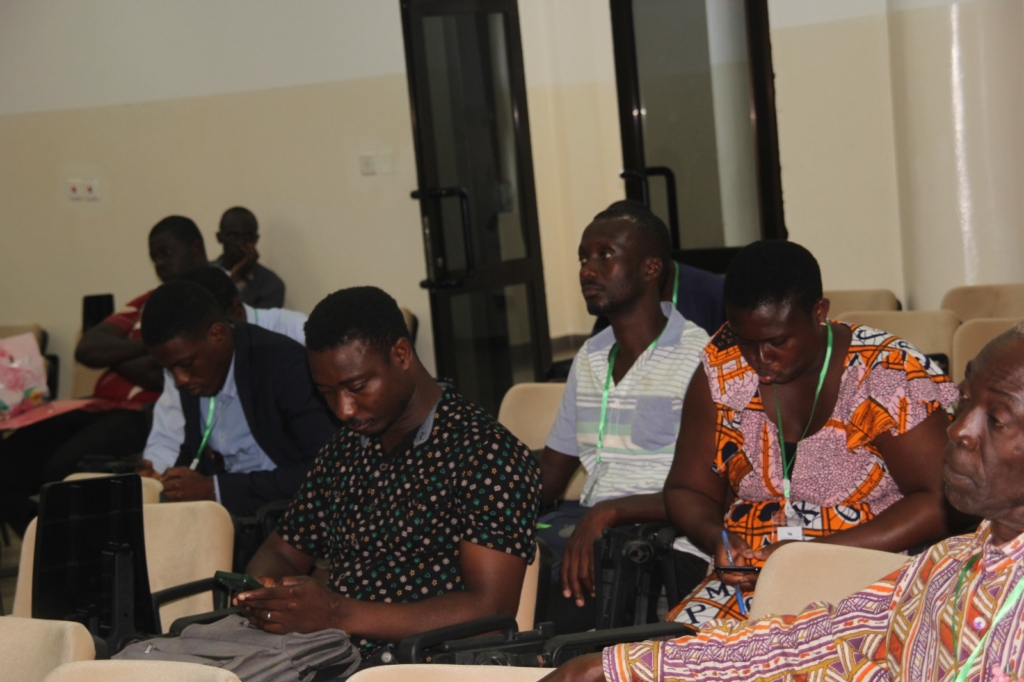
Mysterious and Sudden Deaths of Poultry Birds
Esther Andoh, the farm manager at Dorothy's Garden of Eden Farm, experienced a mysterious decline in her 200 flock in January 2024. Despite efforts to identify the cause, including consulting a veterinary officer, the situation remained unresolved. She reported that a significant number of birds—50—died unexpectedly without showing any signs of illness. “They kept dying so we had to separate the birds – keep others to reduce the mortality,” she said.
Similarly, Akosua Agyemang, an agricultural extension officer at the La Nkwantanang Madina Municipal Assembly, faced challenges with unexplained bird deaths. She suspected the lack of shade on the farm, which left the ducks exposed to direct sunlight and heat, might be a contributing factor.
Farmers who attended the training program shared similar experiences of unexplained bird deaths, resulting in financial losses worth hundreds of Ghana cedis. They are eager to prevent such occurrences in the future.
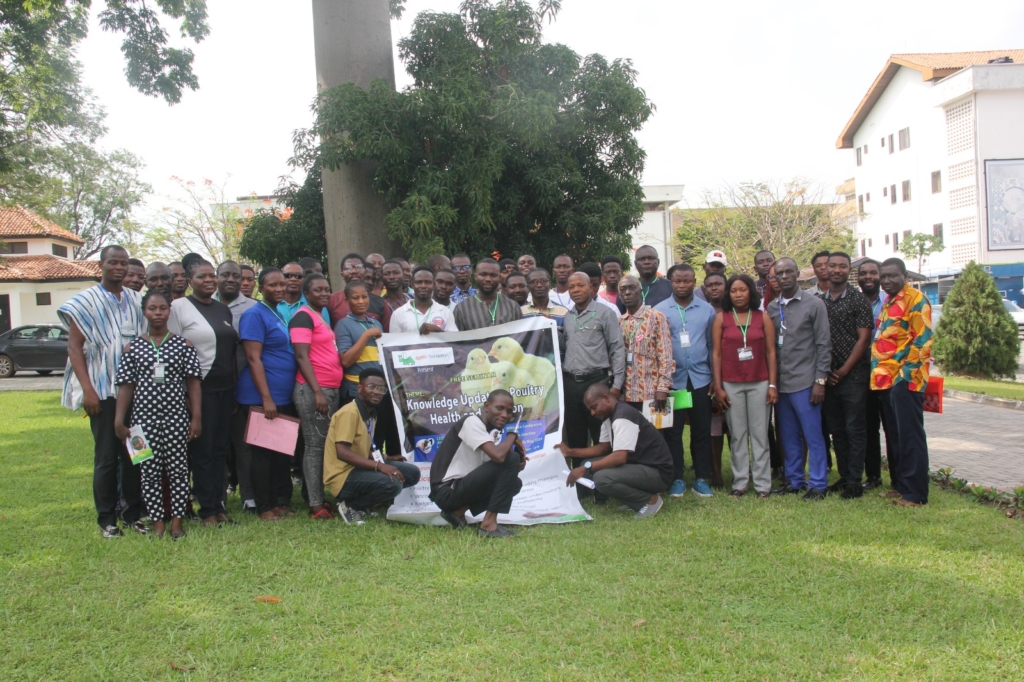
Farmers Expect Training to Address Challenges
Armiyawu Abdul-Rahim, the manager of Ami Farms Ventures, found the training hands-on and informative. Previously, he believed viral and bacterial infections were the main causes of challenges on his farm, but the training broadened his understanding of potential causes and solutions. “We spend a lot of money buying antibiotics thinking that it is an infection that we need to resolve, but it is just a problem of heat,” he said.
Esther expressed her gratitude for the training, stating that it enlightened her on the underlying causes of her birds' deaths and equipped her with effective management strategies. “I have learned to give the birds cold water and other minerals in the morning, high energy feeds in the afternoon, and allow a lot of air through their pen,” she said.
Akosua, like Esther and Armiyawu, gained valuable insights from the training. She plans to advise the farmer to provide shade for the birds, among other recommendations, to prevent further mortality and ensure the well-being of the remaining birds.
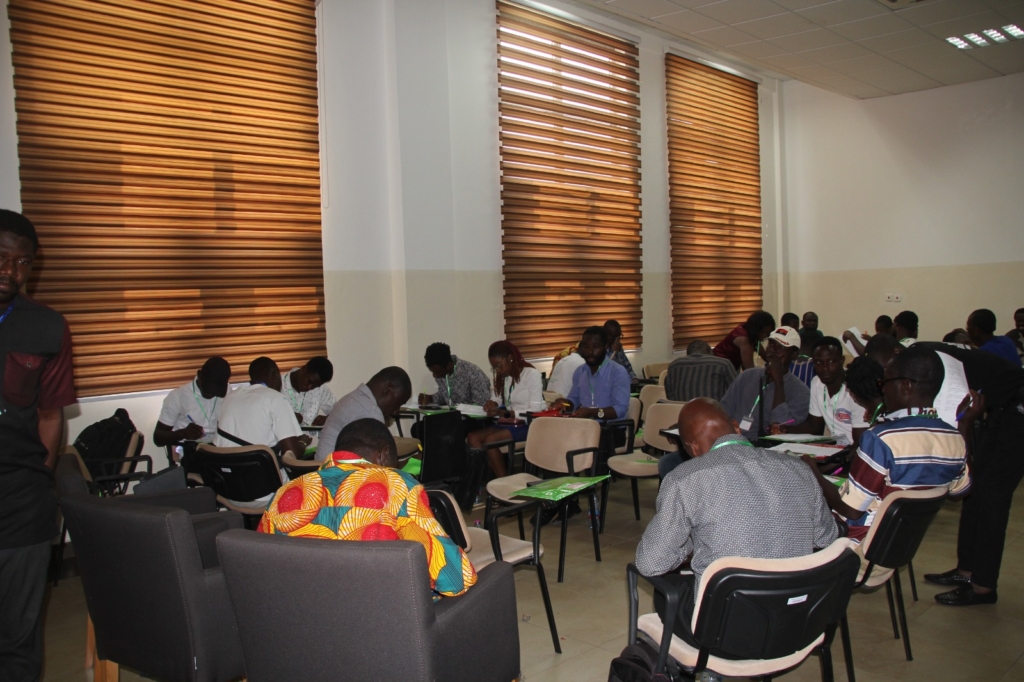
Stay Within the Thermoneutral Zone
Poultry animals thrive best in temperatures between 18 and 22°C, known as the thermoneutral zone, where they can maintain a stable body temperature without extra effort. If temperatures stray from this range, birds may suffer heat stress, leading to an energy imbalance that can harm their health and performance.
Prof. Adebukunola Olufunmilayo Lala of LIFA explained that animals experiencing heat stress exhibit reduced performance, increased death rates, decreased growth and productivity, and a reduction in the quality of meat and eggs produced. “Apart from decreasing in production, most of the farmers are experiencing sudden death,” she said.
The training aims to address farmers' concerns and encourage the transition to cooling housing systems to mitigate the adverse effects of heat stress. Professor Lala emphasized the importance of proper ventilation and cooling systems, advising farmers to reduce animal density to improve ventilation and implement heat stress management strategies, including environmental management, sprinkling, and shading.
Additionally, Professor Lala recommended feed management and nutrition interventions, such as pelletized diets with increased energy and fat, and supplemental amino acids, vitamins, and minerals, to mitigate the effects of heat stress in birds. Proper nutrition plays a crucial role in reducing heat stress in poultry.
What's Your Reaction?











